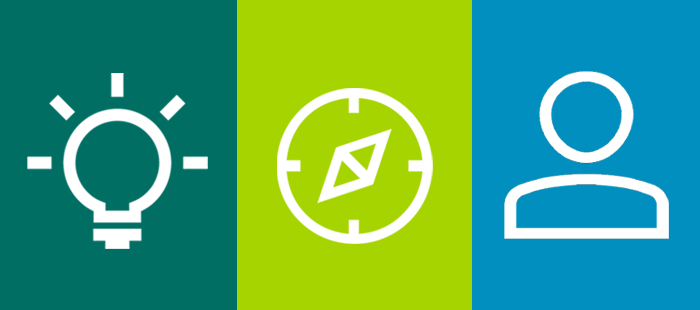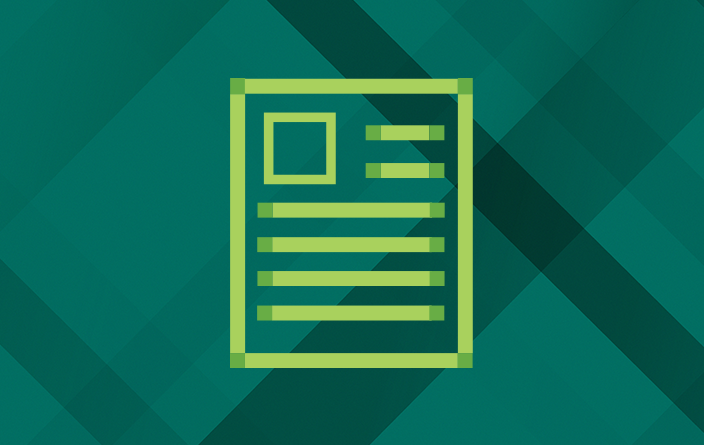Society's Most Urgent Challenges
- Our human model of progress and development over time has been mainly extractive, eroding natural resources and creating social inequalities.
- One of the most urgent challenges of today is that organizations aren't moving quickly enough to address the problems we're facing.
- Multisector collaboration is key to finding comprehensive solutions to society's biggest crises.
Transcript
Jemilah Mahmood: [0:12] We live in a very challenging world today with so many different complexities and collaboration. Especially multi-sectorial interdisciplinary, collaboration is very critical and crucial for us to be able to try to start solving some of these problems that we have.
Each sector has its own strengths, knowledge, and experience.
Katell Le Goulven: [0:30] The World Economic Forum, which producing this list of global risks every year, has identified as the most severe risks for the 10 coming years at the global level five key issues -- climate change, extreme weather, biodiversity loss, the erosion of social cohesion, and crisis of livelihoods.
[0:52] The environmental issues have been on the top of that list for the past few years. This is partly resulting from the fact that human activities, including what we do as activities through corporate, has been mostly extractive.
[1:07] As it has accelerated with industrialization in the 1950s, it has not accounting for the natural web of system and processes that provides life on Earth, on the planet.
The whole challenge has to do with thinking more about sustainability as a start in setting up any business.
Austin Okere: [3:16] I think that the largest societal challenges really has got to be sustainability, because we cannot do business on a dead planet. Yet, a lot of the current ways in which we pursue business will definitely impact whether the planet will live beyond future generations or not.
[3:16] For instance, climate change. For instance, food insecurity. For instance, pollution of rivers. The whole challenge has to do with thinking more about sustainability as a start in setting up any business.
Katell: [3:16] Our model of progress and development that has accelerated together with population growth over this time period has also not accounting for the inequalities and the injustices that we've been creating along the way.
We need a tremendous sense to move us urgently from thinking about solutions to solving problems.
Jeffrey Hollender: [3:16] The largest challenge facing all organizations is coming to terms with the urgency of the challenges that we're facing. We're just not moving quickly enough to deal with things like climate change and social inequality.
[3:16] We are pondering the questions. We're making incremental change, but we need a tremendous sense to move us urgently from thinking about solutions to solving problems.
Jemilah: [3:16] Each sector has its own strengths, knowledge, and experience. That when you're dealing with complex issues, you need to bring together these different experiences and knowledge so that we actually can find a comprehensive solution to what we're trying to solve.






